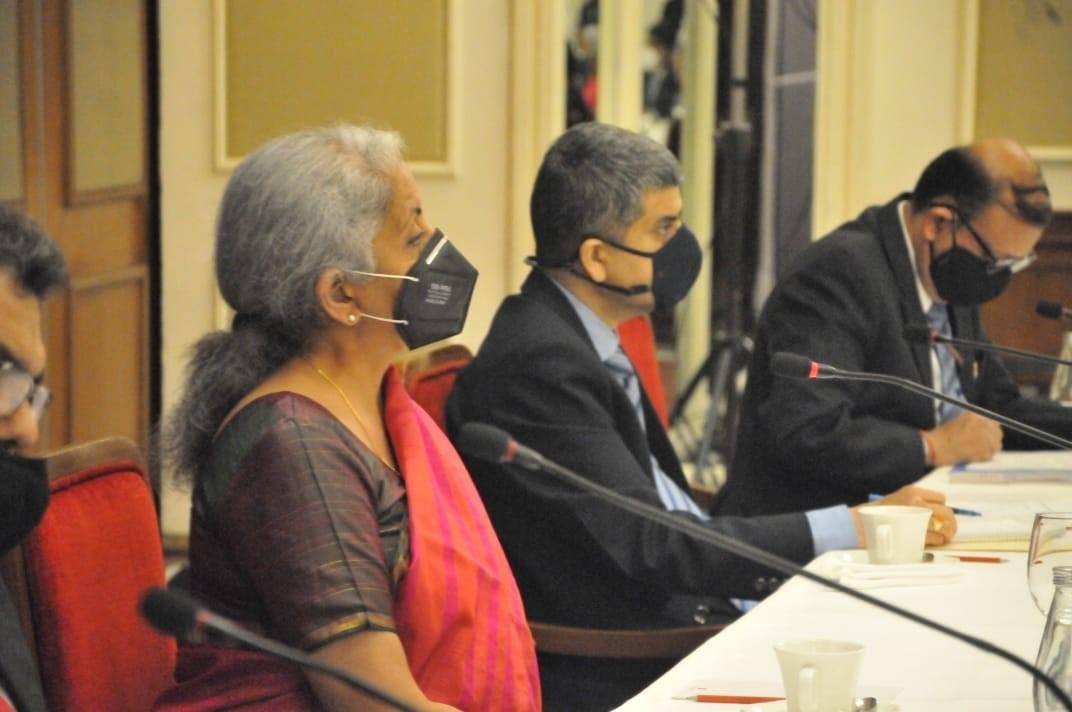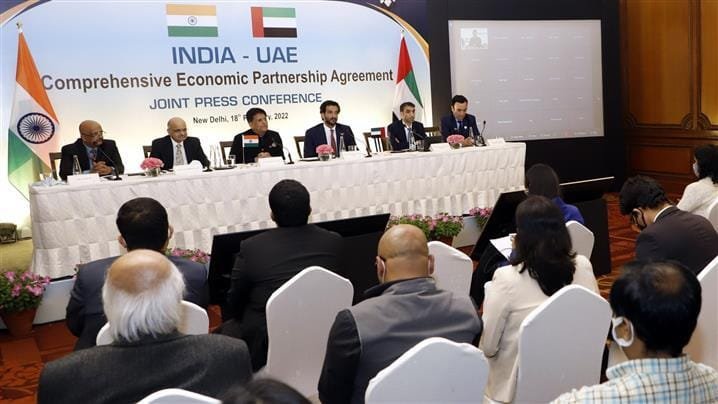India remains bright spot for 2017
India will remain the bright spot for the global economy this year despite a world of political changes and economic uncertainties, #High Commissioner Jawed Ashraf has assured Singapore investors.
“India’s growth rate, underlying growth drivers, the policy environment and macroeconomic indicators were in much better shape than other major economies, and that remonetisation will have only a marginal short term impact on growth and generate several long term gains,” he told #Singapore Indian Chamber of Commerce and Industry (SICCI) members last night.
The High Commissioner explained how India’s reforms in policies and processes, both at the Centre and the States, have addressed each stage of the project life cycle, from entry to exit, including with respect to bankruptcy, arbitration and disputes settlement.
“Besides infrastructure and the initiatives for transformation of urban and rural habitats, the time bound mission to provide universal access to basic needs and the use of digital technology for financial inclusion, delivery of benefits and provide social security and insurance cover to the poor, are also major drivers of economic growth,” he elaborated.
“India’s sustainable development initiatives were among the most ambitious,” he told some 300 SICCI members gathered during the dinner for an update on Indian economic prospects.
He went on to highlight that Singapore’s current strengths and future priorities, including Small and Medium Enterprises (SMEs), innovation, fintech, diversifying international links, have enormous synergies with India.”
Jawed Ashraf has also called on SICCI to be a business building bridge between India and the Asean region, reported The Press Trust of India.
“In a year when we are celebrating 25 years of India-Asean relations, SICCI can be the bridge between India and the region,” he told the business leaders.
SICCI, a 1,000-business member strong grouping, has the experience of dealing in the region, the network of contacts and skill, to help further develop bilateral business between India and the region, said Jawed Ashraf.
India is on the right path this year in developing its economy, implementing massive infrastructure projects. But “we are doing this in partnership with the rest of the world… with Singapore being the most important partners,” he told the business community.
Singapore has the eco-system that would draw the entire region’s investors, he noted in his first interaction with the Indian business community, which has some 8,000 Indian companies registered in the city state.
“Singapore also provided the intellectual leadership in bringing the Asean and India closer, and became a gateway to East for us,” said the High Commissioner.
“This is the city that has probably the most extra-ordinary talent as far as the Indian community is concerned,” he pointed out, adding that “You have world class talent here. People are familiar with the Indian market.”
While India-Singapore relationship draws its strength and energy from the good will, warmth of the ties and human contacts, SICCI, with the backing of the private sector, has the capacity to lead regional investors to India, said Jawed Ashraf.
He also assured of support from the various business bodies in India and the High Commission in Singapore for SICCI and business community in venturing into the Indian market.
“Find a right partner in the right environment, and there are no boundaries and there are no limits of the possibilities and potential of working in the Indian market,” said Jawed Ashraf, adding that the High Commission will help and facilitate business network in India.
Besides Singapore’s state-owned corporations’ mega projects in India, there are big and small businesses driving the economic relationship between the two countries as well as the across the region, he said.
Demonetization, launched by Prime Minister Narendra Modi on November 8, 2016, is aimed at improving currency circuation, e-commerce and eliminating the shadow ecomony. But its short-term impact has slowed down the gross domestic product by about 0.5 per cent to 7 per cent for the current fiscal year. fii-news.com










